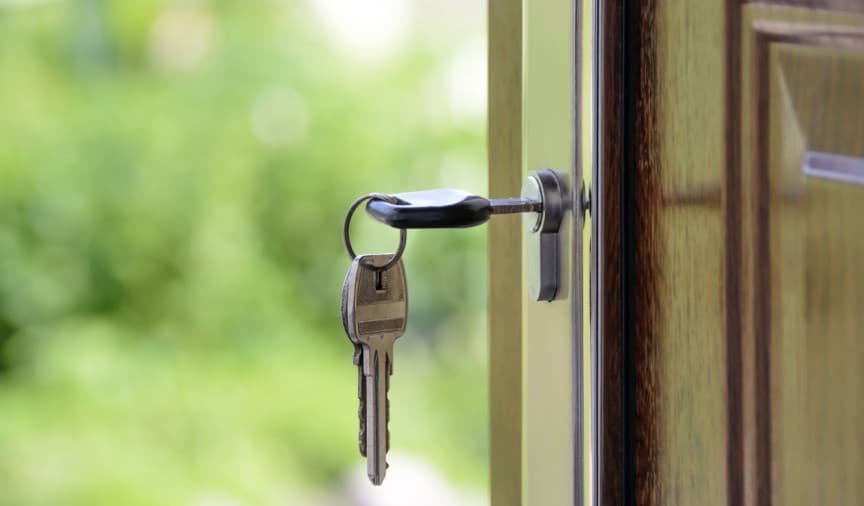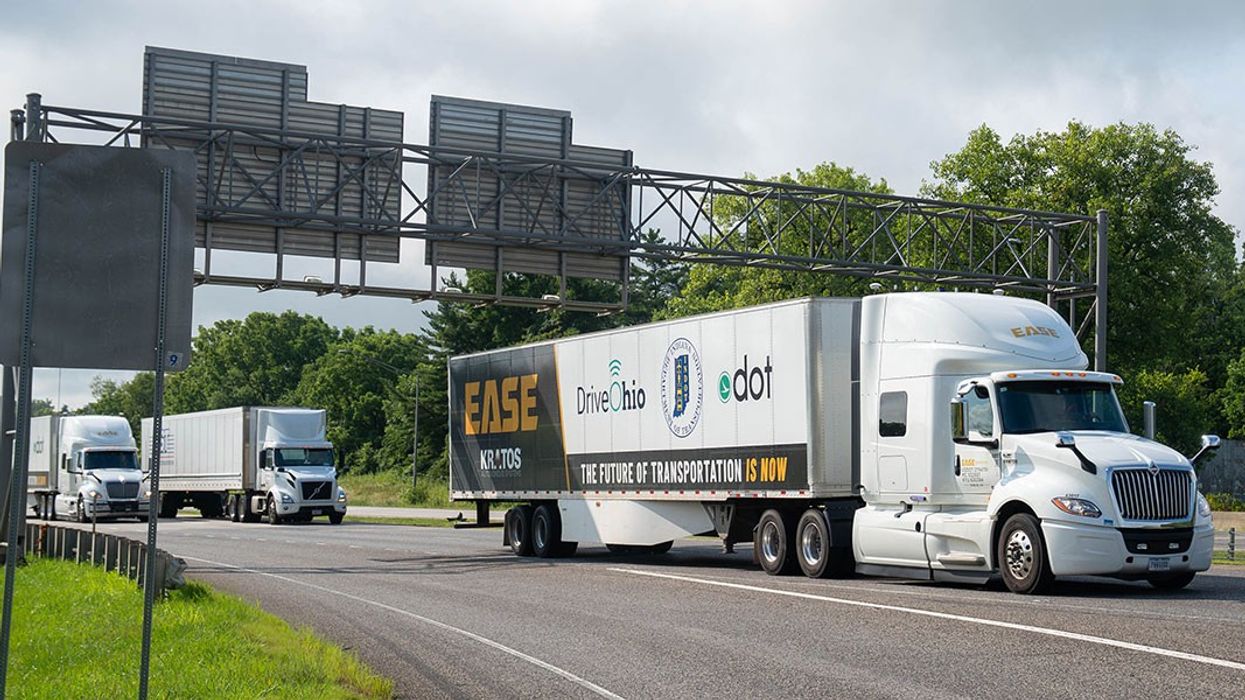In today’s world, the security of our homes and offices is more crucial than ever. One often overlooked threat to this security is unauthorized key duplication. Whether you’re a homeowner or a renter, understanding this issue is essential for safeguarding your property.
Unauthorized key duplication refers to the copying of keys without the owner’s consent. This can happen for various reasons, and the consequences can be severe. In this article, we’ll explore the risks associated with unauthorized key duplication and discuss effective strategies to prevent it.

Understanding Unauthorized Key Duplication
What Is Key Duplication?
Key duplication is the process of creating a copy of an existing key. While this is a common practice for legitimate purposes, such as providing a spare key to a family member, it becomes problematic when done without permission.
Why It Matters
Unauthorized key duplication poses significant risks to your security. It can lead to unauthorized access to your home or office, resulting in theft, vandalism, or even personal harm.
How Unauthorized Key Duplication Occurs
Common Methods
There are several ways in which unauthorized key duplication can occur:
- Physical Access: Someone with temporary access to your keys can easily make a copy.
- Digital Scanning: Advanced technology allows for the digital scanning of keys, making it easier to duplicate them without physical access.
- Public Key Duplication Services: Some services offer key duplication without verifying ownership, which can lead to unauthorized copies.
Vulnerable Locations
Keys left in public places, such as gyms or shared spaces, are particularly vulnerable to unauthorized duplication. Its crucial to be mindful of where you leave your keys.
Preventing Unauthorized Key Duplication
Invest in High-Security Locks
One of the best ways to prevent unauthorized key duplication is by investing in high-security locks. These locks often come with patented keys that are difficult to duplicate without proper authorization.
Implement Key Control Systems
For businesses, implementing a key control system can help track and manage who has access to keys, reducing the risk of unauthorized duplication.
Legal Implications
Know Your Rights
It’s important to understand the legal implications of unauthorized key duplication. In many jurisdictions, duplicating keys without permission is a criminal offense.
Taking Legal Action
If you suspect unauthorized key duplication, consider taking legal action to protect your property and hold the responsible parties accountable.
Real-Life Examples
Case Studies
There have been numerous cases where unauthorized key duplication has led to significant security breaches. Understanding these examples can help highlight the importance of addressing this issue.

FAQs
How can I tell if my key has been duplicated?
Signs of unauthorized key duplication include missing keys, unexplained entries, or visible signs of tampering on locks.
Are there any laws against unauthorized key duplication?
Yes, many regions have laws that make unauthorized key duplication illegal. It’s important to familiarize yourself with local regulations.
What should I do if I suspect unauthorized key duplication?
If you suspect unauthorized key duplication, consider rekeying your locks and reporting the incident to authorities.
For further insights into protecting your property from unauthorized access, you can visit our article on protecting sensitive documents during lockouts. Additionally, for those in commercial spaces, understanding how commercial door locks work can further enhance your security measures.
This article contains affiliate links. We may earn a commission at no extra cost to you.






